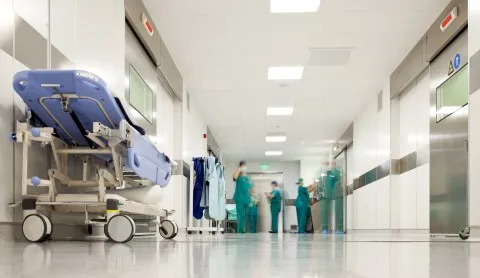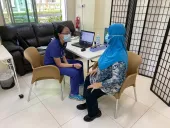
Singapore’s public hospitals may struggle to provide sufficient capacity for patients by 2030
Hospital admissions will skyrocket to 791,000 yearly.
While private hospitals are poised to hit targets in terms of facilities and manpower to brace for the surge in patients, the same could not be said about public hospitals.
According to a report by OCBC, in the past 5 years, public hospitals have only added an average of 188 beds per year.
“Public hospitals need an additional c.6,000 beds by 2030, which is approximately 440 beds per year,” the report said.
Meanwhile, current private hospitals have the capacity to add 500 beds with existing licensed beds capacity, which is approximately half of the c.1,000 beds required by 2030.
“Based on the Healthcare 2020 Masterplan, the addition of 1,900 beds coming mainly from the newly completed Ng Teng Fong Hospital (~700 beds yet to be included in the current operational number of beds) and Sengkang General Hospital (1,000 beds to be completed by 2018) represents only a quarter of the total number of beds required by 2030,” OCBC said.
However, OCBC said the government has four acute hospitals in the pipeline subject to review in 2020.
“While it may be easier to add ‘brick and mortar’ i.e. medical facilities, it is more challenging to build manpower in the nearto-medium term especially specialised doctors. The number of new physicians needed by 2030 is around 6000 physicians, or 371 physicians per year,” the report noted.
“From historical trends, Singapore has been able to add an average of 677 physicians per year, double the number required per year. The increase is typically drawn from around 300 doctors who are Singapore residents, and 300 to 350 non-resident doctors, of which, c.200 are graduates from Singapore’s medical institutions,” the report added.













 Advertise
Advertise













